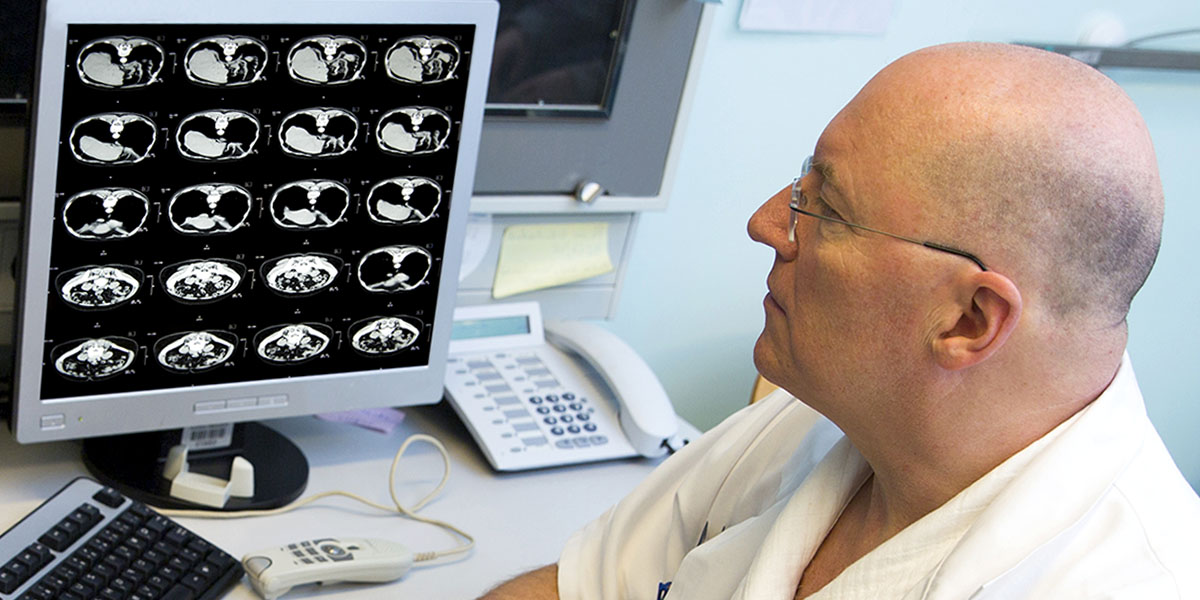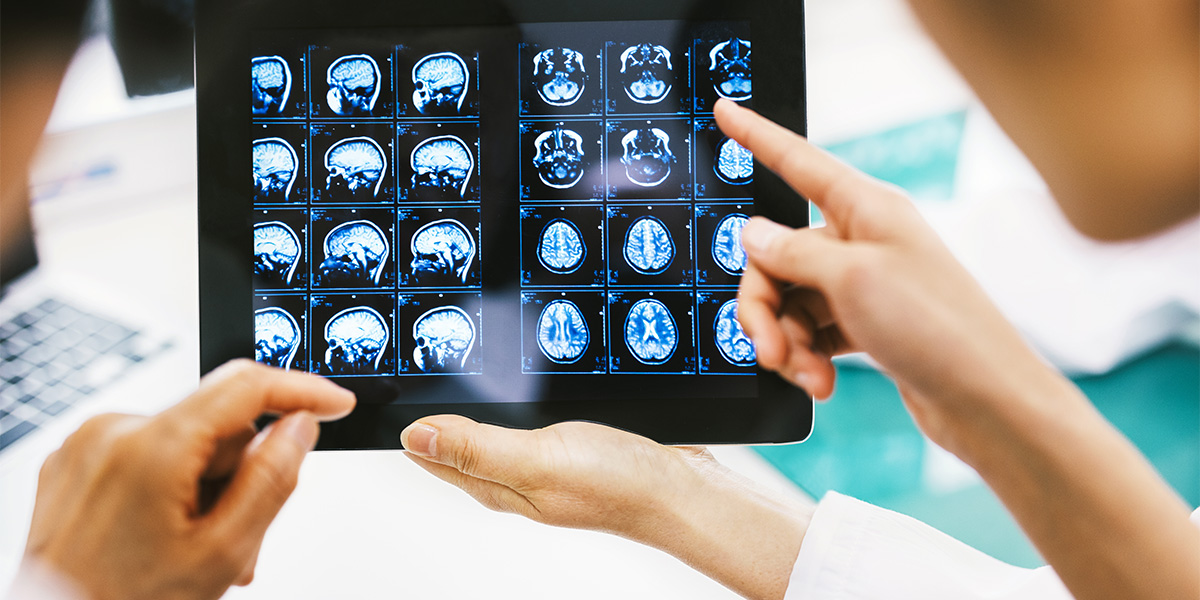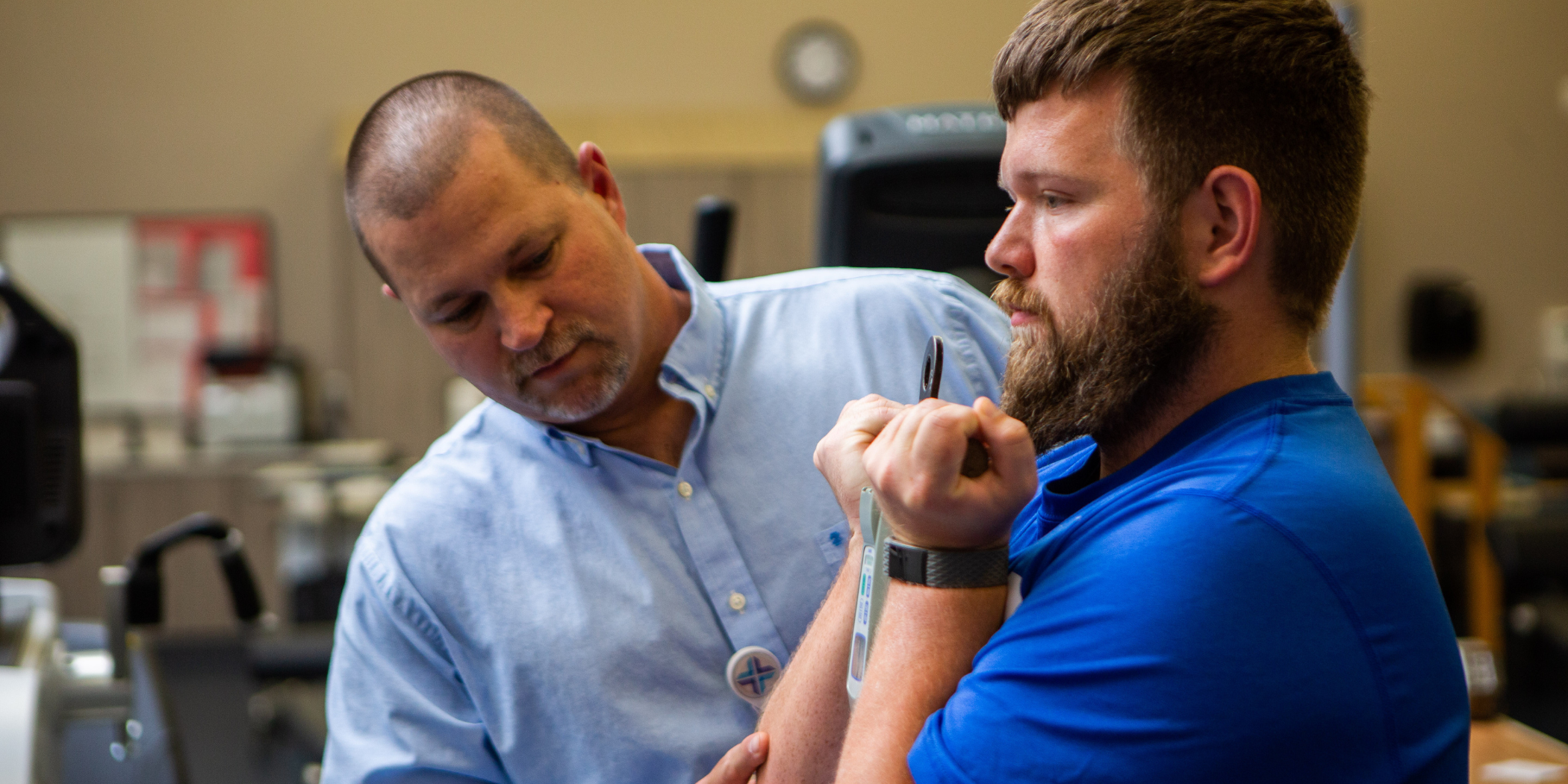
Kidneys, don’t fail me now
Do you know how your bones stay healthy, or what exactly controls your blood pressure?
Many of us take for granted the role our kidneys play in our bodies. This pair of bean-shaped organs known perform crucial functions within our bodies, such as processing 200 quarts of blood to eliminate excess waste and water through urine on a daily basis.
Your kidneys are located near the middle of the back, just below the rib cage, one on each side of the spine. They work hard to:
- Regulate the body's salt, potassium and acid content.
- Remove drugs from the body.
- Balance the body's fluids.
- Release hormones that regulate blood pressure.
- Control the production of red blood cells.
However, kidneys can become vulnerable when they are damaged, which causes them to lose their filtering capacity. The damage can occur quickly without any signs or symptoms.
Since kidney disease often goes undetected, it is imperative that you talk regularly to your physician about:
- Your blood pressure
- Your blood glucose
- Your GFR FR, or Glomerular Filtration Rate, which is the calculation of how efficiently the kidneys are filtering waste from the blood
- The amount of albumin in your urine
When kidneys fail, dialysis or a kidney transplant is required. Approximately 450,000 Americans are on dialysis, and more than 185,000 live with a functioning kidney transplant. While more than 95,000 people are waiting on a kidney transplant each year, fewer than 17,000 people receive a kidney each year.
During National Kidney Month in March, the National Kidney Foundation encourages you to talk to your primary care physician and be screened for potential kidney disease.
These symptoms may be early signs for kidney disease:
- Stomach sickness
- Feeling dizzy or tired
- Swelling in the face, hands or feet
- Back pain
- Bloody or dark-colored urine
- High blood pressure
- Change in the number of times you go to the bathroom a day
You are at an increased risk for kidney disease if you:
- Have diabetes
- Have high blood pressure
- Have a family history of kidney disease
- Have cardiovascular disease
- Are over 60 years of age
- Are African American, Hispanic, Native American or Asian












